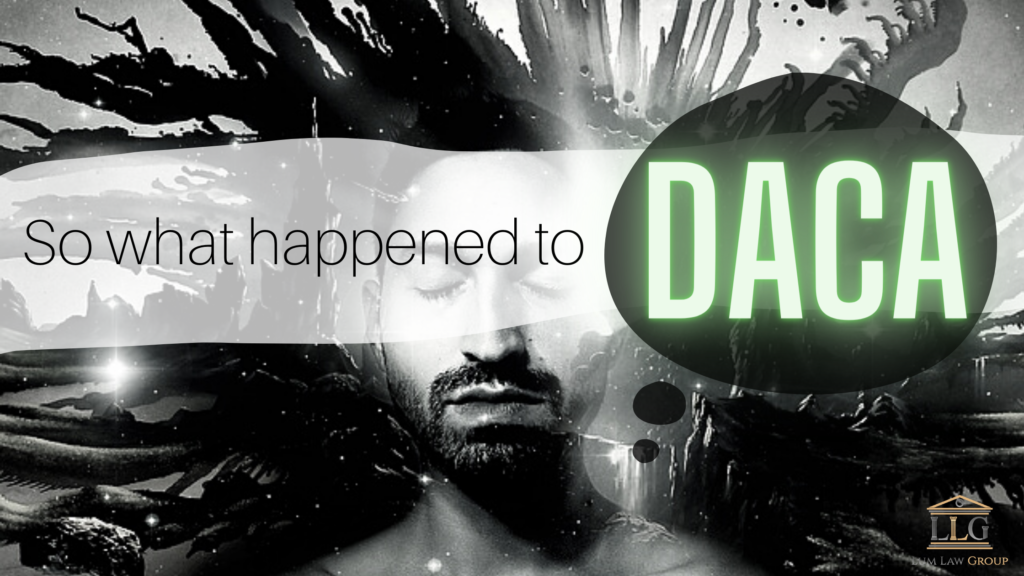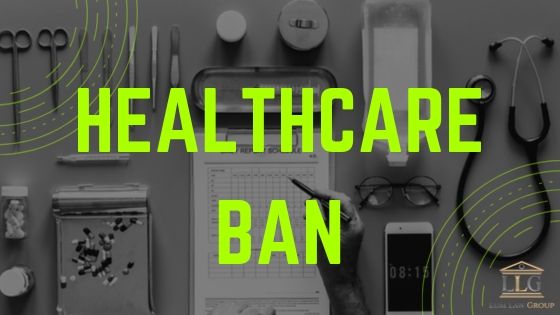So What Happened to DACA?

The Obama-era Consideration of Deferred Action for Childhood Arrivals (DACA) program has been through a roller-coaster ride of ups and downs recently. On June 15, 2020, the Department of Homeland Security (DHS) released a memorandum regarding DACA (“first memorandum”). However, when the Supreme Court released its decision in the lawsuit Trump v. NAACP, No. 18-588 […]
What is the New Healthcare Ban and how can it affect my immigration case?

Starting November 3rd, 2019, the new “Healthcare Ban” will affect incoming lawful immigrants. This ban is similar to the travel ban in that the same Immigration Nationality Act section that upheld the travel ban also serves as the basis for the Healthcare Ban. The President announced that the influx of incoming immigrants without access to […]

